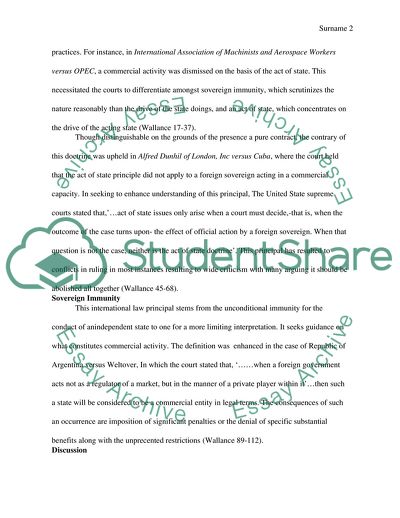Cite this document
(Open Memo Assignment Example | Topics and Well Written Essays - 1500 words, n.d.)
Open Memo Assignment Example | Topics and Well Written Essays - 1500 words. https://studentshare.org/law/1787682-open-memo-assignment
Open Memo Assignment Example | Topics and Well Written Essays - 1500 words. https://studentshare.org/law/1787682-open-memo-assignment
(Open Memo Assignment Example | Topics and Well Written Essays - 1500 Words)
Open Memo Assignment Example | Topics and Well Written Essays - 1500 Words. https://studentshare.org/law/1787682-open-memo-assignment.
Open Memo Assignment Example | Topics and Well Written Essays - 1500 Words. https://studentshare.org/law/1787682-open-memo-assignment.
“Open Memo Assignment Example | Topics and Well Written Essays - 1500 Words”. https://studentshare.org/law/1787682-open-memo-assignment.


